Exploring Scientific Computing with Java Asst. Prof. Subhajit Adhikari, Prof. (Dr) Sunil Karform
- Autorzy:
- Asst. Prof. Subhajit Adhikari, Prof. (Dr) Sunil Karform
- Wydawnictwo:
- BPB Publications
- Ocena:
- Stron:
- 306
- Dostępne formaty:
-
ePubMobi
Opis
książki
:
Exploring Scientific Computing with Java
Java is a versatile programming language, ideal for scientific computing due to its robustness, platform independence, and extensive libraries. This book teaches you how to use Java for complex simulations and data analysis, empowering you to solve real-world problems and advance scientific research.
This Java programming book offers a thorough guide, starting with core concepts like data types, operators, and object-oriented programming (OOP). It then moves into advanced topics such as multithreading for handling multiple tasks at once, exception handling to manage runtime errors, and package management for organizing large codebases. You will also learn about input/output (I/O) operations to work with external data and applet development for creating small, interactive web programs.
Building on your knowledge of Java programming and scientific computing, this book is a complete guide that equips you to delve into scientific computing and actively participate in innovative research and development. Key Features
Learn Java's data structures, algorithms, and numerical libraries.
Practical examples and exercises to solidify understanding.
MCQs with solutions are provided at the end of each chapter for practice, along with Bloom's level questions.
Miscellaneous programs using Java, like Stack, Queue, Tic-tac-toe, AES, and RSA algorithms, and socket programming, are also included. What you will learn
Understand and code with data types, variables, arrays, and strings.
Learn iterations, conditional statements, and how to apply them.
Explore OOP with examples.
Master multithreading for multi-tasking environments.
Grasp Java exception handling and file management. Who this book is for
This book is ideal for professionals in fields such as software development, data analysis, web development, and system administration who need a strong foundation in Java programming. Table of Contents
1. Introduction to Java Programming
2. Fundamental Building Blocks in Java
3. Concept of Class, Objects, and Methods
4. Concepts of Array, String and Vectors in Java
5. Types of Inheritance in Java
6. Concept of Thread in Java
7. Exception Handling in Java
8. Package Creation in Java
9. Stream and File Handling in Java
10. Applet Program in Java
11. Miscellaneous Programs Using Java
Wybrane bestsellery
BPB Publications - inne książki
Dzięki opcji "Druk na żądanie" do sprzedaży wracają tytuły Grupy Helion, które cieszyły sie dużym zainteresowaniem, a których nakład został wyprzedany.
Dla naszych Czytelników wydrukowaliśmy dodatkową pulę egzemplarzy w technice druku cyfrowego.
Co powinieneś wiedzieć o usłudze "Druk na żądanie":
- usługa obejmuje tylko widoczną poniżej listę tytułów, którą na bieżąco aktualizujemy;
- cena książki może być wyższa od początkowej ceny detalicznej, co jest spowodowane kosztami druku cyfrowego (wyższymi niż koszty tradycyjnego druku offsetowego). Obowiązująca cena jest zawsze podawana na stronie WWW książki;
- zawartość książki wraz z dodatkami (płyta CD, DVD) odpowiada jej pierwotnemu wydaniu i jest w pełni komplementarna;
- usługa nie obejmuje książek w kolorze.
Masz pytanie o konkretny tytuł? Napisz do nas: sklep@helion.pl
Książka drukowana


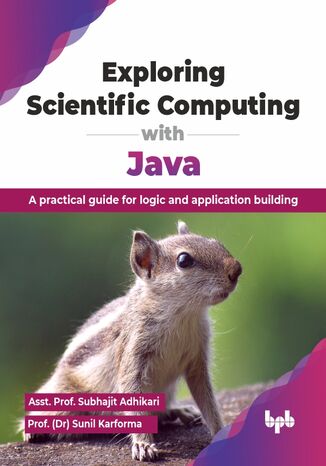

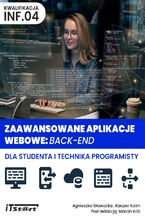



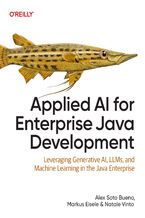
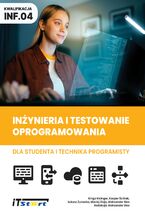
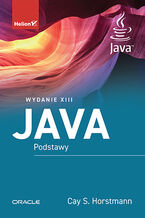

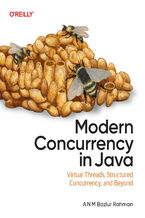
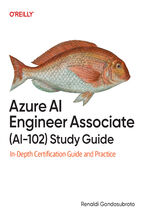






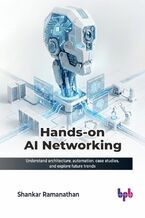
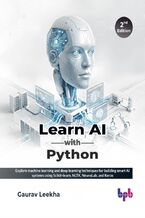
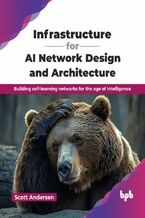

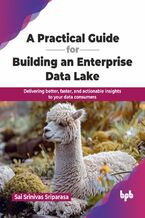
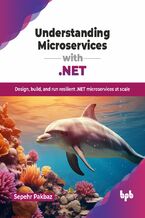

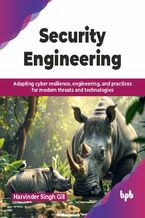

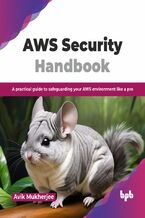



Oceny i opinie klientów: Exploring Scientific Computing with Java Asst. Prof. Subhajit Adhikari, Prof. (Dr) Sunil Karform
(0)